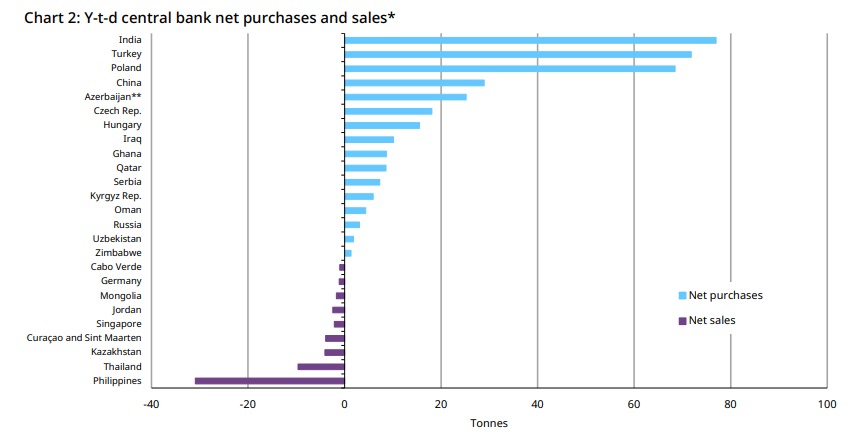
Africa has the fastest-growing population globally, expected to nearly double to 2.5 billion by 2050. By the end of the century, Africa is also expected to be home to 40 percent of the world’s population who will need to be connected to the digital world.
Currently, most of Africa’s citizens are of the age where they want to go online, learn, communicate and consume digital services. Every day, more African businesses and households are connecting to the internet. As a result, the continent is experiencing the fastest increase in internet penetration worldwide. It’s no wonder, then, that Africa remains the greatest untapped market for data centre providers1.
Digital Demand?
Africa is witnessing a huge digital demand which needs to be met and supported. It is estimated that by 2025, there will be around 120 million new mobile phone subscribers, taking the total number of subscribers to 615 million. Notably, Ghana has experienced a rapid increase in its registered internet users over the last few years. As of January 2022, the country has 17 million registered internet users, an increase of 1.3 million from the year before3. These subscribers will want to connect to the digital world and more data centres will be needed to support them.
Insights into the need for more technology to enable digital transformation?
To operate, broadband cellular network technology requires telecommunication and data centre infrastructure. Data centres are buildings that house telecommunications and store and process and provide security for data. They?contain physical or virtual servers that are connected internally and externally through networking and communication equipment to store, transfer and access digital information. With Africa’s urban population set to grow by 60 percent by 2050, characterised by an increasing technology talent pool and an emerging middle class, the demand for data centres is set to increase considerably.
There is a desperate need for digital infrastructure across the whole continent. In 2021, the Africa Data Centres Association reported that Africa needs 700 data centres by 2030 totalling 1,000 megawatts (MW) to successfully enable the spread of digital services across the continent and to reduce the digital divide5. Companies and people do not want to be held back by an ageing, slow, faulty IT system. An up-to-date data centre is a reliable place to store data and remain hyperconnected while supporting economic growth, social development, and digital transformation.
Ghana’s need for data centres?
Africa has 62 data centres, with 139 facilities in 26 out of 53 countries. However, there are currently only 5 data centres in Ghana meaning that consumers largely rely on data centres thousands of miles away from them6. There is a strategic advantage to having modern local data centres as they make faster connectivity, greater stability, and lower latency more achievable.
Although numerous path-breaking developments punctuate the continent’s digital landscape, they are occurring within still-significant structural and infrastructural gaps7. Furthermore, the digital opportunity is?only concentrated?in four countries: Nigeria, South Africa, Egypt, and Kenya8. To move the needle for the continent, African nations need to become net producers – rather than adopters – of knowledge and innovation. This will be possible if African governments centre local ideas, data, and approaches in their policy-making and priorities.
Ghana holds massive growth opportunity. The huge demand for digital services and seamless connectivity is key to helping Ghanaian businesses and citizens reap the rewards of the digital disruptions happening across West Africa9. The surge in E-Commerce in Africa has resulted in the need for efficient payment and data management systems. Network International, a major enabler of digital commerce in Africa, understands the importance of data centres in supporting the continent’s growing digital economy. It recently set up a new Data Centre in Ghana, which is one of the most essential digital infrastructures to enable commerce and digital payments.?Data centres are at the heart of every transaction, from the servers and computing equipment that run the application, to the network that interconnects the providers to the users. Data centres provide data management system solutions that allow for efficient payment across e-commerce platforms and ensure that customers experience an easier and safer online experience. The Data Centre in Ghana will help drive digital commerce and payments. It will help support innovative solutions that lower costs and drive revenue and profitability to customers, helping businesses and economies prosper by simplifying commerce and payments in the country.
It is critical that the main barriers to mobile internet adoption, including affordability and digital skills, are addressed and are a priority for stakeholders. The potential of mobile connectivity to drive economic growth and development in a post-pandemic world needs to be realised. Digitalisation is not just an enabler, but a necessity for economic activity. Africa’s digital transformation will significantly be actualised by building data centres to meet its growing storage and networking needs.
We are at a pivotal moment in Africa’s digital transformation and digital inclusion. The mobile economy delivers significant economic benefits, reduces poverty, and transforms lives by providing people with access to a range of life-enhancing services10. The mobile economy is the main way people access the internet in Sub-Saharan Africa and digital inclusion is helping lead to a more inclusive society11. Africa’s data centre market is crucial to the integration of the continent into worldwide networks.
For further information on Network International, please visit: https://www.network.ae/en
—–
>>> the writer is Managing Director Ghana at Network International
The post Perry Addo-Quaye writes: The power of localising digital services in Ghana? appeared first on Citinewsroom - Comprehensive News in Ghana.
Read Full Story


















Facebook
Twitter
Pinterest
Instagram
Google+
YouTube
LinkedIn
RSS